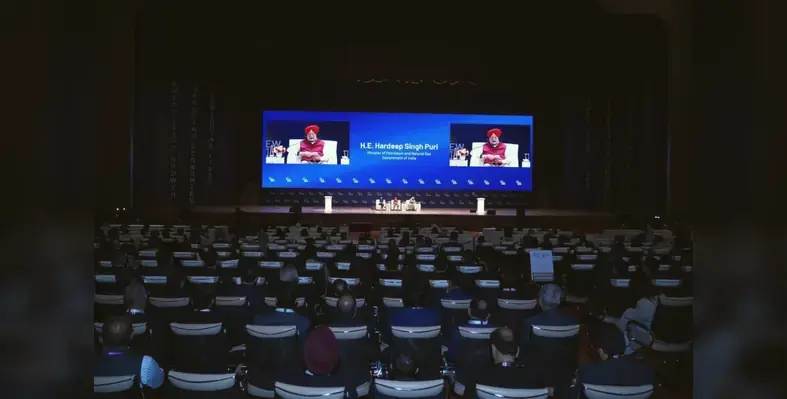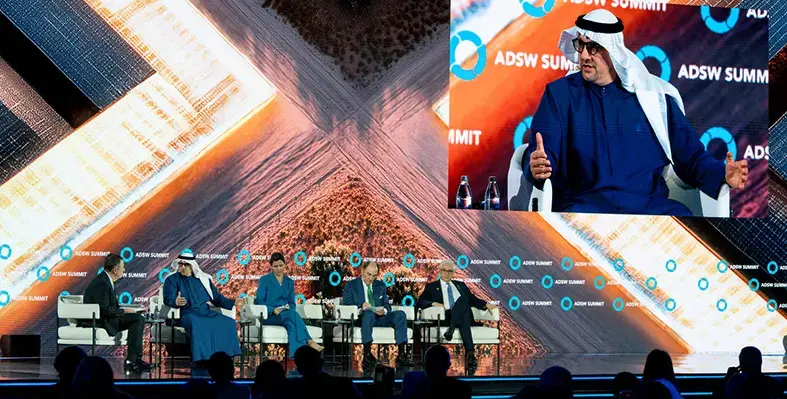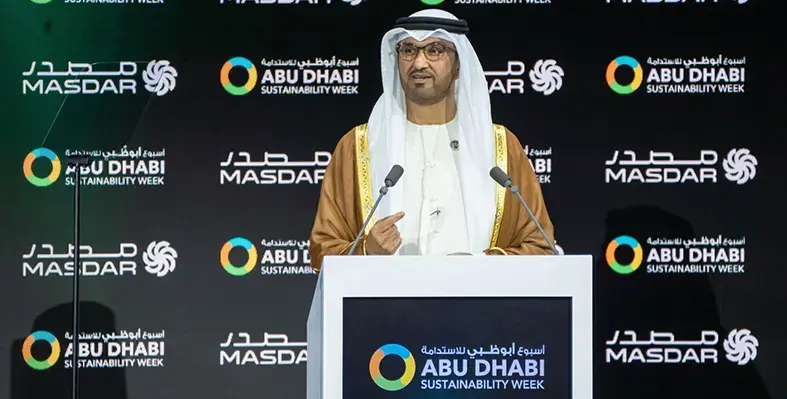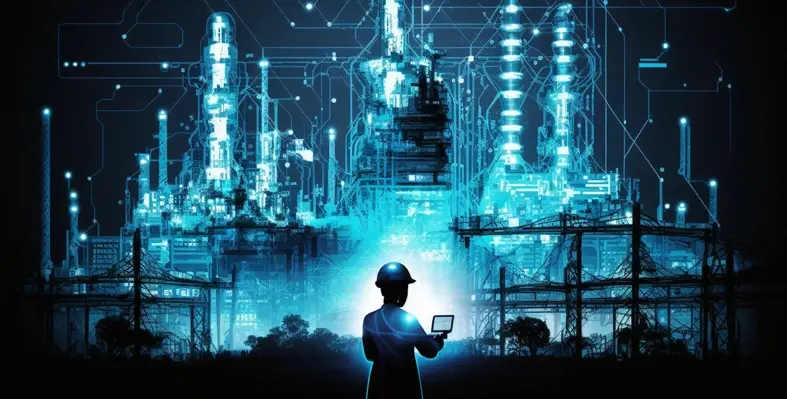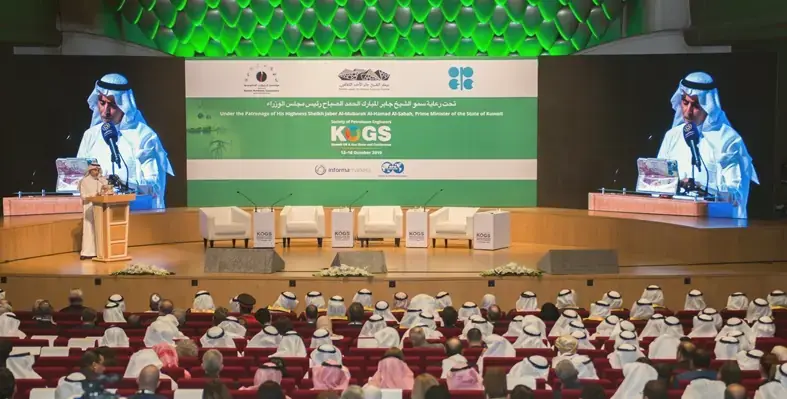
KOGS 2026 will serve as a strategic platform for high-level dialogue, technical excellence, and cross-industry collaboration. (Image source: SPE)
The Kuwait Oil & Gas Show and Conference (KOGS 2026), taking place from 3–5 February 2026 at the Grand Hyatt Kuwait and The Arena, is set to reinforce Kuwait’s position as a regional and global energy leader
Hosted by Kuwait Petroleum Corporation (KPC) and organised by the Society of Petroleum Engineers (SPE), KOGS 2026 will bring together senior government officials, global energy leaders, technical experts, and innovators to address the opportunities and challenges shaping the future of the energy industry.
Held under the theme “Shaping Tomorrow’s Energy,” KOGS 2026 will serve as a strategic platform for high-level dialogue, technical excellence, and cross-industry collaboration.
The conference programme will feature high-level ministerial sessions, CEO plenary discussions, strategic panels, and a comprehensive technical programme, presenting peer-reviewed papers and expert-led sessions. Core focus areas include digital transformation and artificial intelligence, asset optimisation, decarbonisation, carbon management, energy efficiency, and emerging technologies supporting resilient upstream and integrated energy operations.
KOGS 2026 will also feature dedicated programmes including the Emerging Professionals Forum (EPF), alongside initiatives designed to support knowledge transfer and talent development.
The KOGS 2026 Awards will recognise outstanding achievements and forward-thinking contributions across the energy sector. They will celebrate excellence in academic achievement, sustainability and energy transition, AI digital transformation, excellence in regional project delivery, diversity, equity & inclusion in workplace culture, while spotlighting individuals and organisations shaping the future of energy through young professionals.
Complementing the conference, the KOGS 2026 exhibition will bring together leading regional and international companies to showcase advanced technologies, oil derivatives, and services that support operational performance, safety, and sustainability across the energy value chain, providing a dynamic platform for networking, collaboration, and business development.
KOGS 2026 sponsors include KPC, Alkhorayef Fawares Petroleum, Kuwait Drilling Company, NESR, Shell, SLB, Zain, Baker Hughes, Action Energy, Halliburton, Saudi Arabian Chevron, , bp, KJO, Total, Senergy Holding, Rock Flow Dynamics, International Marine Construction Co, Tomax, Abraj Energy, Abraaj Energy, Superior Energy, NOV, MEOFS, ROSENXT and STRATEGY&.
Ahmed Al-Eidan, chief executive Officer of Kuwait Oil Company, said, “This year’s programme reflects the depth and ambition of KOGS 2026. High-level ministerial and CEO plenary sessions will offer strategic insights into geopolitical dynamics, energy economics, and responsible resource development, alongside a comprehensive technical conference and exhibition showcasing innovation, knowledge exchange, and industry best practices. Together, these elements reinforce Kuwait’s pivotal role in shaping the future of energy.”
For more information and updates, see the website here:







